How To Deal With An Anime Addiction
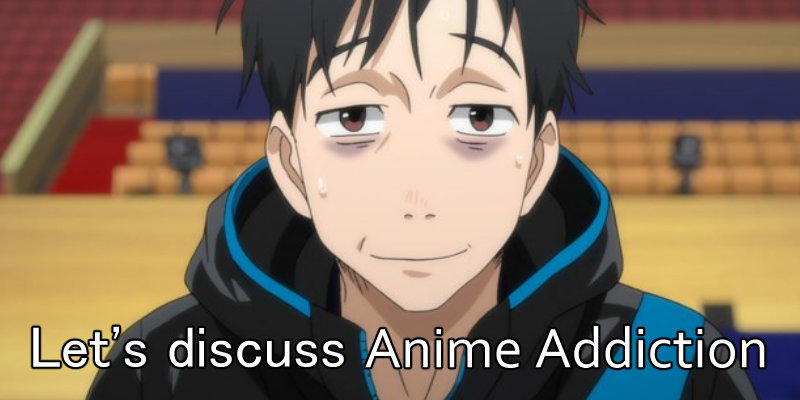
The Nature of Addiction
Addictions build off of our natural reward systems–systems that everyone has. Substances hijack those systems, and behaviors curt excursion the triggers within the brain. Dopamine, the chemical that makes you feel pleasure and happiness, sits at the center of habit. Anything that encourages the brain to secrete it tin be addictive. Even dearest tin can exist an addiction, which is why some people leap from i toxic relationship to another like a heroin addict looking for some other hit.
Addiction is, essentially, "an extreme dysfunctional attachment to an experience that is acutely harmful to a person, but that is an essential function of the person'southward ecology and that the person cannot relinquish (Change, 2017)". The feel component of addiction is the fundamental. Addictions accept a strong association with environment and memory. Environment triggers memory, which triggers the addiction. Lee Robins studied returning heroin addictions from the Vietnam State of war. Around nineteen% of veterans admitted to having a heroin habit. Normally, heroin addicts relapse at a charge per unit of 95%. These veterans had a relapse rate of only v%. Robins, along with other addiction researchers, discovered the relationship between environs, retentivity, and addiction. To break an habit, a person must get out the environment–the people, places, and memories–where they proficient their addiction. Few veterans returned to Vietnam, so their addiction didn't return (Change, 2017):
Addicts aren't simply weaker specimens than non-addicts; they aren't morally corrupt where non-addicts are virtuous. Instead, many, if not about, of them are unlucky. Location isn't the simply factor that influences your chances of becoming an addict, but it plays a much bigger office than scientists thought.
Addictions frequently centre around negative coping methods, ways of treatment pain, regret, loneliness, and other negative emotions. Any behavior that triggers dopamine and eases emotional pain tin can become an habit, including Internet apply and anime. I wasn't able to find any studies that dealt directly with anime addiction. However, studies on Internet addiction provides united states of america with useful parallels.
Internet Habit
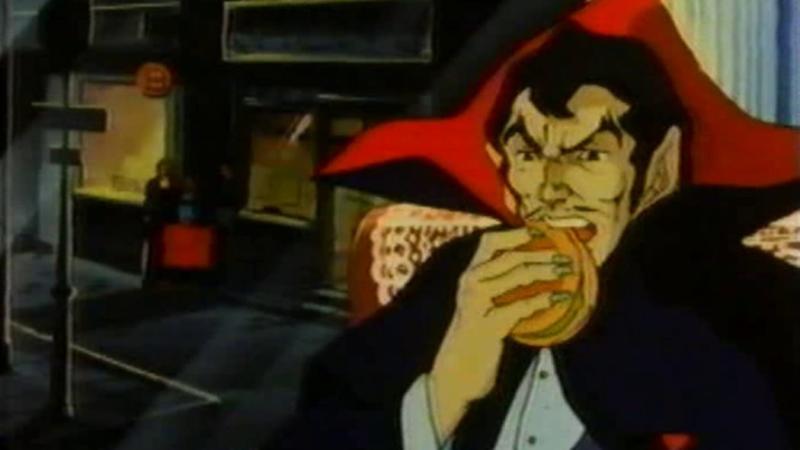
Cyberspace Addiction is one of those umbrella terms thats shades a variety of problems, from social media habit to MMORPG addiction and online gambling. Anime would fall into the category too. Otakuism has a potent online component–anime is watched online. Otakus share fanfiction online, talk over anime online, blog, and relish other online activities. Cyberspace Addiction is seen equally a preoccupation with the Internet that causes impairment or distress (Stavropoulos, 2017). Internet Addiction, or IA, links to health issues, academic failure, emotional problems, and behavioral problems (Zhou, 2017). Addictive behaviors in your teen years carry into machismo, mainly considering they become coping methods.
People use the Internet to avoid negative feelings–think well-nigh your last Tumblr binge and how you were feeling. Teens who utilize emotion-focused coping methods instead of problem-focused coping methods have a greater chance of IA (Zhou, 2017). IA appears to feed existing addictions; it provides easy access to rewarding and pleasurable activities. Remember dopamine's function in addiction? Online activities brand your brain eject the experience-good chemical.
Most game addicts are men, for instance; most social networking addicts are women. Interestingly, research suggest people with Internet Addiction proceed to certain activities instead of billowy betwixt various addictions. A gaming addict unremarkably isn't fond to Facebook (Starcevic, 2017).
Online gaming and social networks feature all the elements that create habit: inconsistent rewards–which excites the brain more than than regular rewards–and notifications of new content, which makes the brain release dopamine. Recall well-nigh that happy feeling you have when someone likes a Facebook or Tumblr post (Hormes, 2014). Call back about that feeling of pleasure when you lot plunk off someone with a headshot. That'southward what the research is talking about. Research as well suggests those who employ the Internet heavily, especially social networks, show signs of impulse control disorders and lack of emotional cocky control. I've seen gamers rage at the smallest things, and I've done information technology myself.
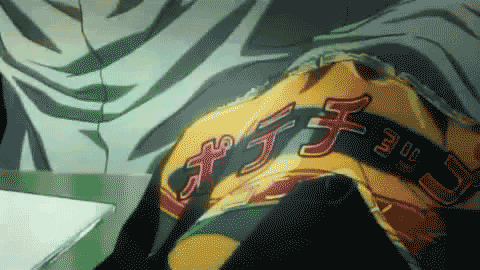
Online video games and social media were designed to be addictive. MMORPGs have a particularly addictive pattern. They boast immediate gratification and satisfaction from conquering gradually increasing skill level of challenge. They trigger loftier emotional interest as well because of the social ties they forge, increasing the need to spend even more than time online. They assist players feel as if they are fulfilling their talents and potential, a feeling reality often lacks (Stavropoulos, 2017).
Online game habit is something I know well. I was an addict in my high school and college years. It was consuming. World of Warcraft was something I avoided considering games like Diablo II hooked me bad enough. Even at present, I have to be careful, or I volition autumn into my old patterns of behavior. Recollect how research spoke of memory existence a trigger for habit? PC gaming triggers my addictive memories. Luckily, gaming no longer offers me feelings of self-actualization which helps edgeless my adventure of relapse. I now tightly regulate my gaming. My last all-day binged was scheduled–the release of The Legend of Zelda: Breath of the Wild,but I digress.
Traits of Internet Habit
Beyond impulsive behavior like obsessive-compulsive disorder–constantly checking your Tumblr or Twitter feed, for example–or feeling anxious when you can't read the latest fanfiction or play a deathmatch online, IA associates with other personality traits. It'southward unknown if the Internet stimulates these traits, but people with certain personality disorders may be fatigued to the Cyberspace because of what they feel they lack in real life. IA is almost common among higher students. Males with IA showed college rates of narcissism; females showed college rates of narcissism and avoidant behaviors than those without IA. Women show a higher demand for assurance and less autonomy (Wu, 2016) . Both men and women plow to the Internet for validation. This sense of fulfillment the Internet offers takes us to the relationship between anime and addiction.
Anime and Addiction
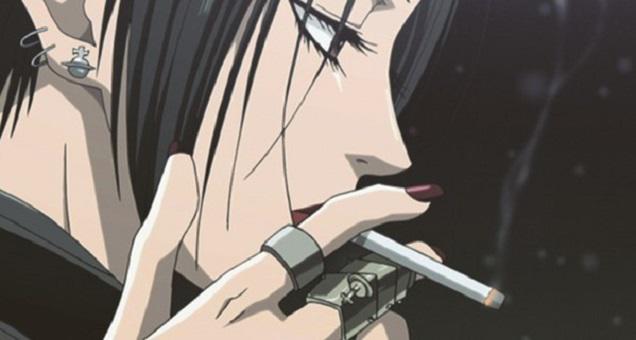
Anime can get a coping technique, a fashion to escape, which is fine until it becomes subversive. When anime watching damages your relationships, consumes your thinking, consumes your money, and becomes a peckish, you lot may well be fond. Nevertheless, nosotros have to be careful non to blindly fling the give-and-take addiction at anime fans. Otakuism appears to exist an addiction to outsiders because it is an alternative culture (Azuma, 2009):
The otaku choose fiction over social reality not because they cannot distinguish betwixt them but rather as a result of having considered which is the more constructive for their human relations, the value standards of social reality or those of fiction. For case, they choose fiction because it is more effective for smoothing out the process of communication between friends, reading the Asahi Newspaper and and so going to vote, or lining up with anime magazines in mitt for an exhibition. And, to that extent, information technology is they who may be said to exist socially engaged and realistic in Japan today, by virtue of non choosing the "social reality." Otaku shut themselves into the hobby community not because they deny sociality but rather because, as social values and standards are already dysfunctional, they feel a pressing need to construct alternative values and standards.
Otakuism provides an culling to the social culture of mainstream gild. Information technology allows people to connect to each other in a dissimilar mode that feels more affirming, just therein lies the danger. Drug civilisation oft has similar trappings. Remember about the New Age movements during the 1960s and the wanton utilize of substances and sexual practice many of the movement had–LSD, heroin, and other drugs. Now, the otaku community uses anime, manga, and other consumer-civilisation products as their "mind-altering" substances. I know, I look to be stretching a bit only stay with me. Otaku behaviors, particularly the social behaviors similar conventions, collecting, and discussing, are the addictive substances. Of themselves they are good, but when taken to extremes–that is, they go damaging and consuming–they become addictions. Anime conventions for otakus are the equivalent to Woodstock for hippies, only smaller and more frequent.
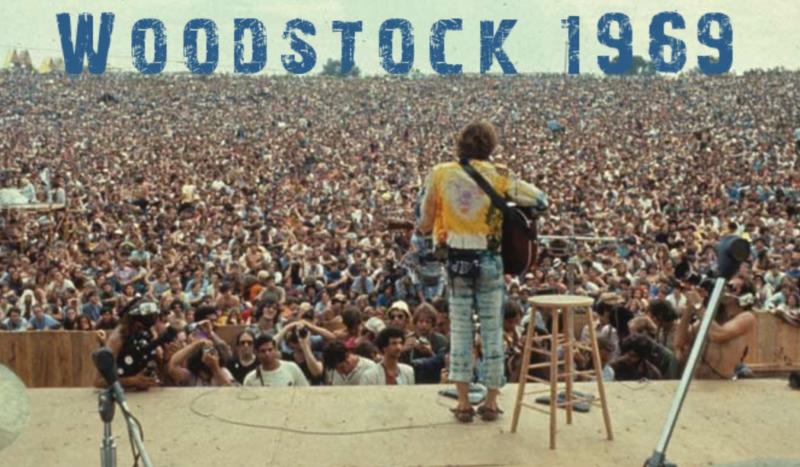
Of course, watching anime can be a compulsive addiction. Information technology's similar to compulsive gambling, Tumblr reading, and other compulsive behaviors. Anime may ease your anxiety, merely the association, if you aren't conscientious, can create anxiety. Your heed begins to require the escape anime offers, making you experience anxious when you don't get a hit. It's like to nicotine addiction. Contrary to popular conventionalities, smoking doesn't ease stress. Rather, it adds the stress of physical cravings on peak of your already present stress. The feeling of relief smokers feel when they accept a hit is the easing of that physical craving and the comfort of the beliefs, but neither has much bear upon on the baseline stress level. Behavioral addictions add stress to the baseline rather than reduce it. Meditation, mindfulness, moderate exercise, and other salubrious behaviors–anime watching can be healthy–reduce baseline stress.
Otaku civilisation tends to attract certain personality types, some of which may be in danger of addiction. Still, the culture isn't any worse than other cultures. For example, sports can also create addicts. Think of the super-fan–I like to call them sportaku–that drops out of family life during their sport'south season. Their identity revolves around the identity of their team or favorite sport. For that matter, recollect of the neighborhood cat-lady or cat-human, or dog-lady and dog-human being. Their lives center on their animals to the point where they live in a dangerous, unhealthy situation that precludes annihilation else. See what researchers mean when they say any behavior can become an addition? You also run across addicted runners, crafters, and other plain healthy hobbies.
Behavioral addictions are tough to come across because they oft appear healthy. Afterward all, who would argue running or walking isn't a healthy habit? Just when that habit becomes subversive to your wellness and social life, it becomes an addiction. Enjoying anime and manga is healthy….until it becomes disruptive and destructive. Also using Tumblr, Facebeook, Twitter, fanfiction can be healthy, until it becomes consuming and feet inducing.
Likewise the problem of seeing a behavioral addiction like anime is the fact you can't avoid the habit. There is a behavioral addiction known as the empty inbox. People feel anxious if their inbox isn't empty (I sometimes catch myself feeling that manner), simply we all know that'southward an almost-incommunicable ideal. Information technology's not similar we can avoid using e-mail. It'southward a cardinal part of modernistic life, yet its similar to expecting someone with a drug addiction to render to their environment and non get addicted once more.
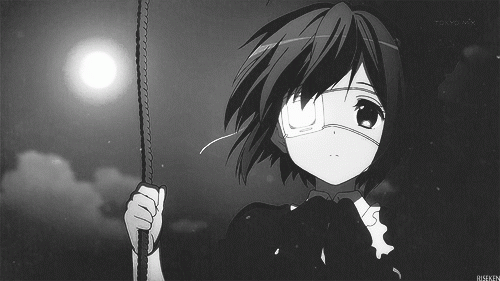
Breaking an addiction requires mindfulness. You lot accept to exist aware that a behavior like anime binging creates anxiety when you can't practise it. In the articles I've read, behavioral addictions accept a detox period similar to substance habit (Alter, 2017). You as well have to change your surroundings. For an anime addict, that ways reducing or avoid conventions if that's your trouble spot. That as well means changing your binge surroundings and habits.
Are you addicted to anime and the otaku life? How can you tell? I've repeated the criteria several times, but the distinction is important enough for me to repeat one final time: addictions come downwards to disruption and destructiveness. If your anime watching and involvement in otaku life disrupts your power to alive, that is, work and socialize, you lot may have an addiction. If you lot don't have any hobbies outside of anime and otaku-related hobbies, like cosplay, you lot may take an habit.
Behavioral addictions rewire the brain in ways similar to drugs. Information technology takes time to undo this wiring, and fifty-fifty so the memory–and the behavior–remains. Enjoying anime and otaku life isn't the same as being fond. The wordhabitis tossed nearly likewise hands. Let's save it for when the discussion actually applies: when somethings becomes all consuming. When you are "addicted" to an anime, say something like "This anime has hijacked my life." It had an element of temporariness to it thataddictionlacks, but it still has the hyperbole people today like to utilize. Addictions are serious, life disrupting problems. Permit'due south not scoff them with poor word choices.
If you lot or someone yous know struggles with anime, video game, or other online addictions, the reSTART addiction centre can assistance.
References
Alter, A. (2017) Irresistible: The Ascent of Addictive Technology and the Concern of Keeping Usa Hooked. New York: Penguin Press.
Azuma, H. (2009). Otaku: Nippon's Database Animals. University of Minnesota Printing.
Hormes, J., Kearns, B., Timko, A. (2014) Craving Facebook? Behavioral addiction to online social networking and its clan with emotion regulation deficits. Addiction 109: 2079-2088.
Starcevic, Five. & Billieux, J. (2017). Does the construct of Net addiction relect a single entity or a spectrum of disorders? Clinical Neuropsychiatry. xiv 5-10
Stavropoulos, Five. & others (2017) MMORPG gaming and hostility predict Net Addiction symptoms in adolescents: An empirical multilevel longitudinal study. Addictive Behaviors. 64 294-300.
Wu, Jo Yung-Wei, Ko, Huei-Chen, Lane, Hsien-Yuan (2016) Personality Disorders in Female and Male College Students with Internet Habit. Journal of Nervous and Mental Disease. 204 (3) 221-226.
Zhou, Yueyue and others (2017) Big fiver personality and boyish Cyberspace habit: The mediating function of coping style. Addictive Behavriors. 64. 42-48.
Source: https://www.japanpowered.com/otaku-culture/are-you-addicted-to-anime
Posted by: proctortweat1979.blogspot.com

0 Response to "How To Deal With An Anime Addiction"
Post a Comment